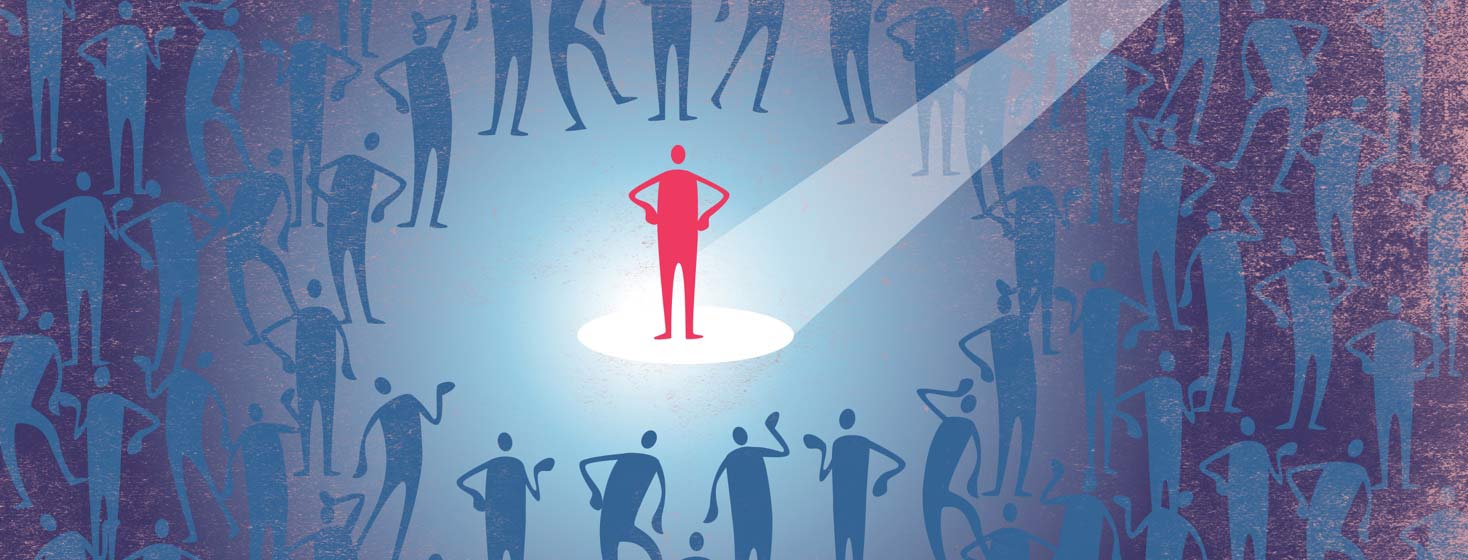The Stigma We Feel
Many people feel there is a high level of HIV-related stigma in their communities. Folks have heard and witnessed how people living with HIV are treated. The lack of HIV education and accurate information about HIV continues to fuel HIV-related stigma.
HIV stigma fuels fear of rejection
Fear of rejection if you disclose your status runs high. I’ve known many people who are living with HIV and they just don’t like to talk about it because when they shared their status, people started cutting off their relationship as if it’s a disease you’re going to “catch” just by talking to someone. Many feel that after revealing an HIV diagnosis, people are going to treat them different no matter what, family included.
Stigma can drive people into isolation
There have been occasions when people living with HIV have been publicly shamed on Facebook and other social media platforms. When other people hear about these things it can drive them into isolation about their status.
HIV stigma impacts testing
HIV-related stigma affects HIV testing. A consistent theme regarding HIV testing is a reluctance to participate in testing, often because of fear of the consequences of receiving a positive result. This includes concerns about being identified as HIV positive and the potential result of stigma and discrimination which occurs after this revelation. That is why so many connect the fear of being associated with HIV to delaying getting tested.
The added layer of race, gender, and sexual orientation
There are multiple layers of stigma experienced by people living with HIV from their communities which include racial and sexual orientation/gender identity stigma along with stigma regarding HIV from within the LGBTQ community. Those layers create barriers to getting tested. Some youth may not get tested at their doctor’s visits because they may be gay or bisexual and haven’t come out to their parents. The thinking being once I ask for an HIV test, I am officially admitting that I am gay.
How stigma sexual orientation hinders HIV education
The stigma surrounding sexual orientation is limiting the opportunity for HIV education. For many heterosexuals, the challenge can be that if they talk to someone with HIV and they are gay, then it's assumed that they must be gay. They don’t want to assimilate with the gay community; this creates yet another divide. I have been living with HIV for 30-years, and much has not changed about how heterosexuals feel about having an interest in HIV education. Because it doesn’t affect them: it's a "gay person’s disease".
Alienation from faith communities
In addition, the HIV-related stigma divide stems from a lack of positive response to HIV from faith communities. Most churches were said to stigmatize HIV and the LGBTQ community. Many people have left their church and many others will not seek the support of a faith community. They have heard stories of folks going to their pastor’s, deacon’s, and faith leaders seeking sanctuary, only to be told, they are going to hell. Others experience sitting in a Sunday service and hearing a negative message concerning HIV, particularly related to sexual orientation.
This type of misinformation contributes to internalized stigma and self-loathing among people living with HIV and people in the LGBTQ community which decreases the likelihood of disclosure of HIV status to members of these faith communities.
Are you a long-term HIV survivor looking to connect with others? Reach out in our forums - here.

Join the conversation